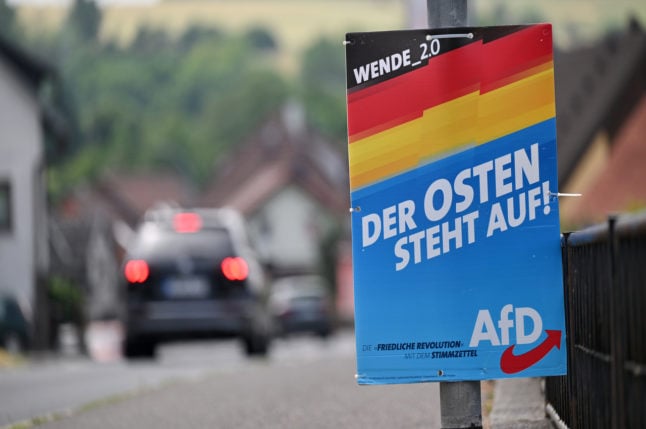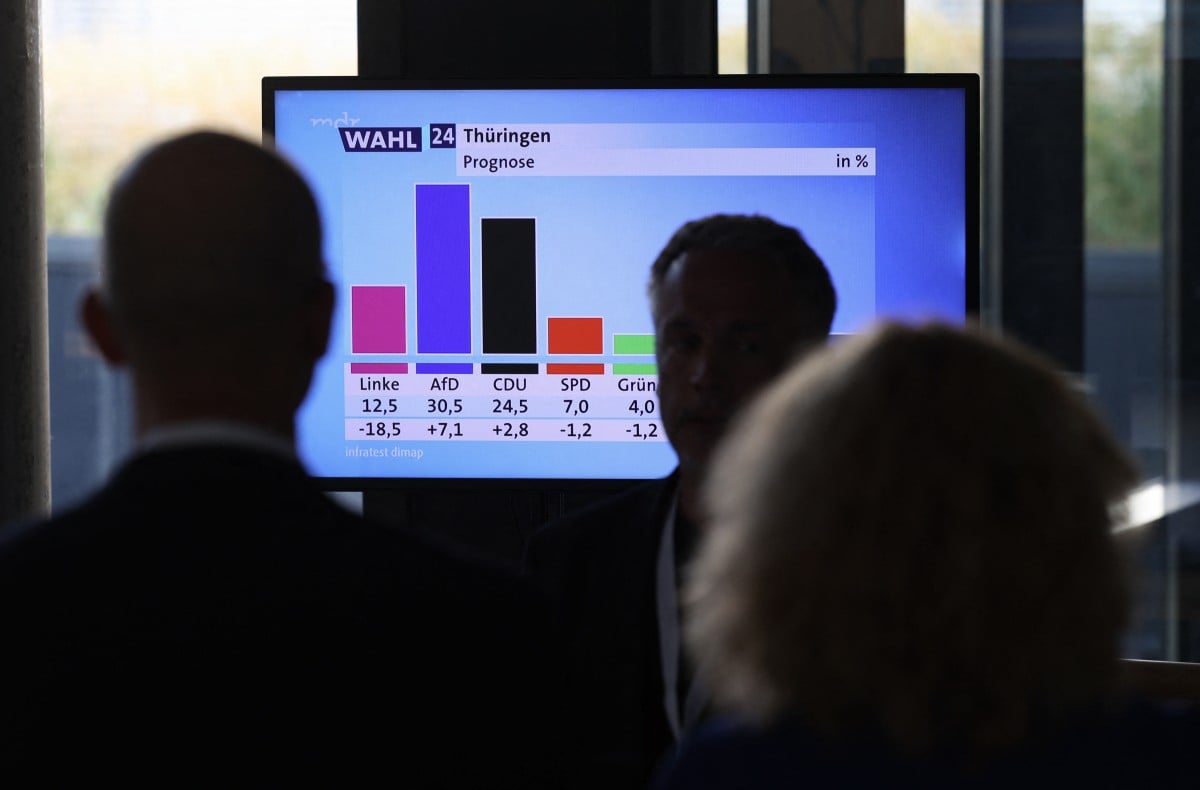The report on Sunday quotes confidential analyses by 14 banks involved in the operation. While lower than the government figure of between €5 and €8 billion ($7 and $12 billion), it is higher than the most pessimistic forecasts of barely more than €4 billion, given the current global financial crisis.
Deutsche Bahn announced the timetable Friday for its long-awaited stock market listing next month, one of the biggest in Europe in 2008, despite what it called a “tense” situation on financial markets.
The company will offer to investors a 24.9 percent stake in its main freight and passenger train activities unit, while retaining full control of Germany’s railway network and train stations.
In view of the current financial turmoil, with Frankfurt’s blue chip DAX 30 stock index down by more than a fifth since January 1, there had been speculation that the listing would be delayed until markets picked up.
The Financial Times Deutschland on Friday cited financial sources as saying that going ahead with the listing at such a turbulent time could slash Berlin’s hoped-for proceeds by at least 10 percent.
The move has also aroused protests from members of the Bundestag, the German parliament, with opposition Green Winfried Hermann telling Saturday’s Berliner Zeitung that “it’s the worst possible moment for a market launch.”
Hermann Scheer, whose Social Democrat party is in coalition with Chancellor Angela Merkel’s Christian Democrats, called for the operation to be postponed or cancelled if it was likely to make less than €6 billion.
But government spokesman Thomas Steg told a regular government news conference on Friday: “In our point of view there is currently no reason to deviate from the timetable.”




 Please whitelist us to continue reading.
Please whitelist us to continue reading.